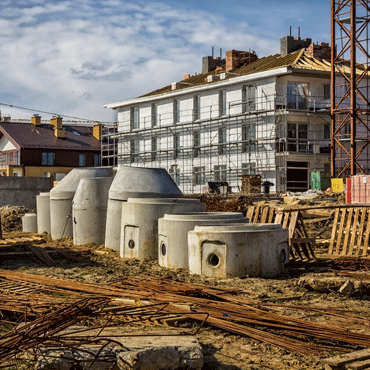
The latest issue of Cityscape details successful strategies for promoting economic growth and mobility, giving local planners, policymakers, and funders new evidence and approaches to put to practice to address the changing landscape of spatial inequality. These works were originally presented at the biennial Reinventing Our Communities: Transforming Our Economies conference in September 2016.
The issue leads with an introductory essay, "Transforming Communities for Inclusive Growth," that discusses the growing spatial concentration of opportunity and the forces behind that trend. The articles, summarized below, go on to synthesize the factors that cause economic stagnation and to offer potential solutions to the unequal opportunities seen across the nation.
- Arthur Acolin of the University of Southern California and Susan Wachter of the University of Pennsylvania describe the growing economic importance of knowledge- and innovation-based industries, and the "clustering" of such industries in places with a ready supply of highly educated workers. The clustering of high-wage, high-skill jobs creates places rich with opportunity—but access to these places can be limited by transit connections, zoning restrictions, increasing property taxes, and ultimately the lack of affordable housing.
- Andrés Rodriguez-Pose and Callum Wilkie, both of the London School of Economics, describe the growing importance of place-based approaches to economic development initiated by local governments. This trend toward local empowerment can better address local needs and conditions and lead to the creation of more stable and high-quality jobs.
- Matthew P. Steinberg and Rand Quinn, both of the University of Pennsylvania, look at education policy in the United States and identify initiatives that improve educational outcomes, especially for children from low-income families.
- Harry J. Holzer of Georgetown University points to the importance of regional public-private collaboration to provide skills and training for the new economy.
- Lance Freeman of Columbia University and Jenny Schuetz of the Federal Reserve Board of Governors target the problem of housing affordability in revitalizing areas, identifying the most successful strategies for increasing the supply of affordable housing in these high-quality neighborhoods.
The Cityscape articles were guest edited by the Atlanta Fed's William Lambe, the Philadelphia Fed's Theresa Singleton, and Susan Wachter. Cityscape is published three times a year by the U.S. Department of Housing and Urban Development and is focused on high-quality research on housing and community development.



